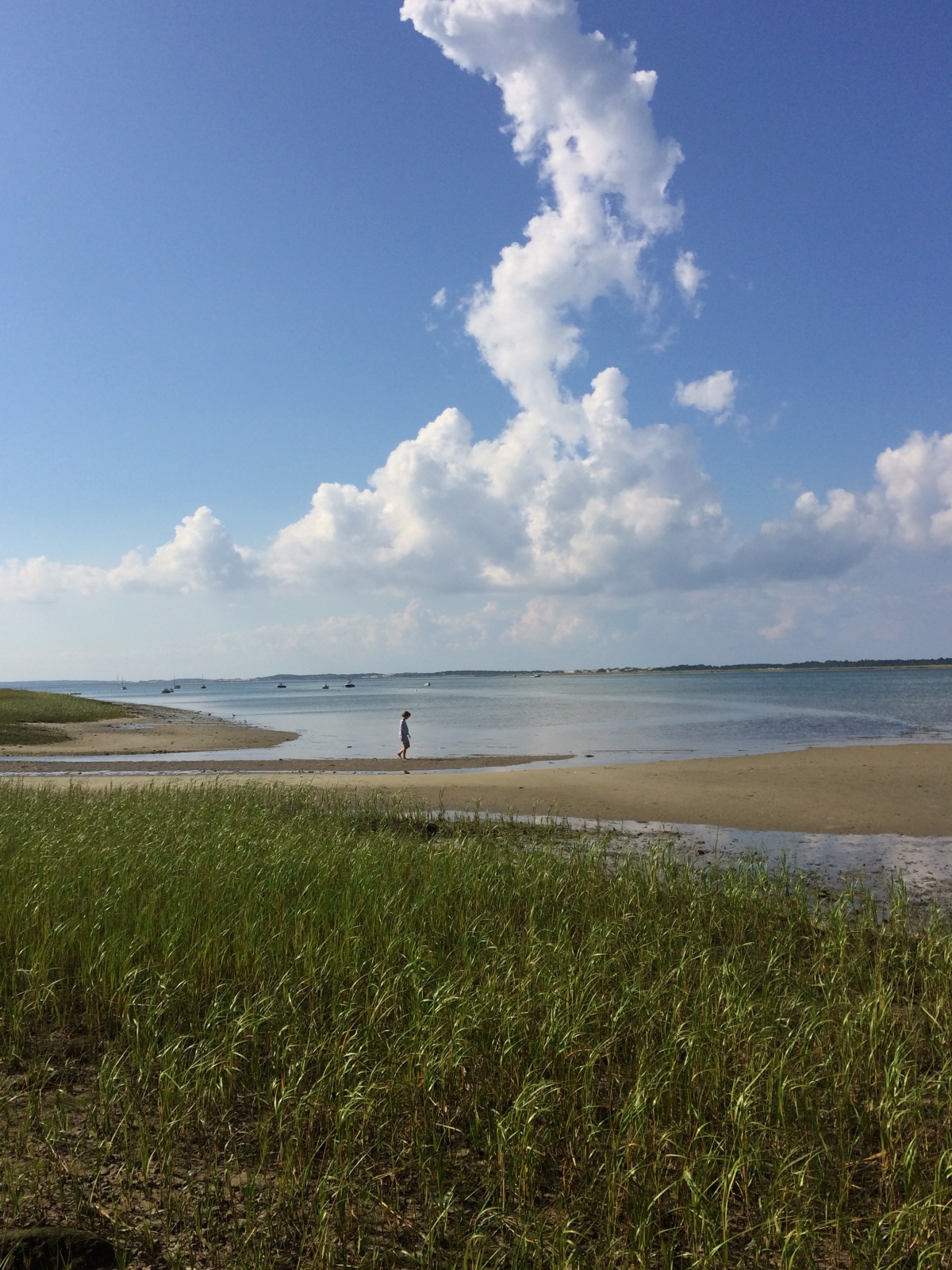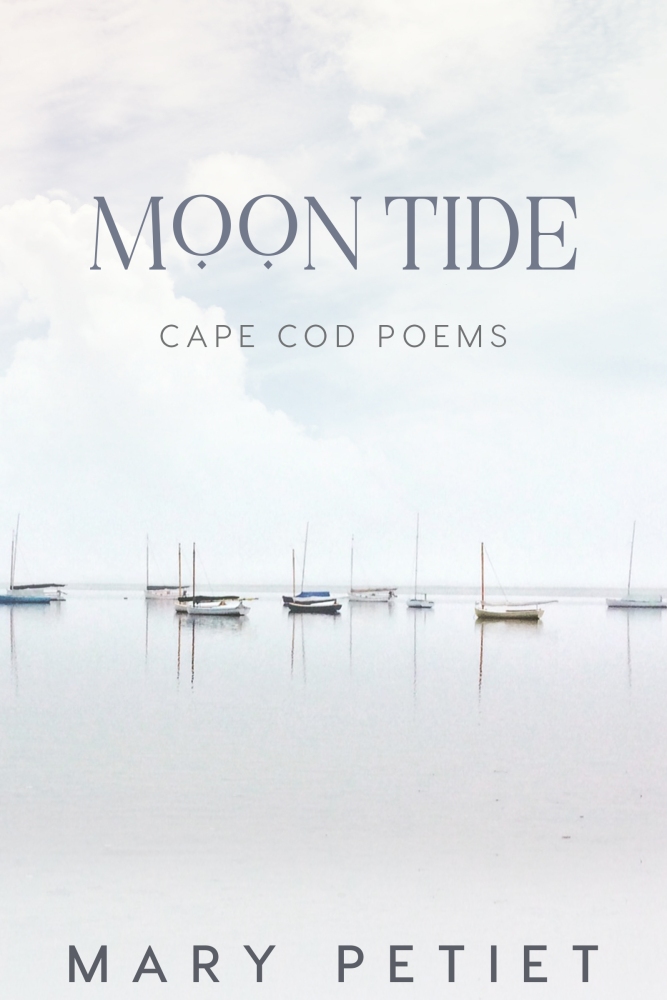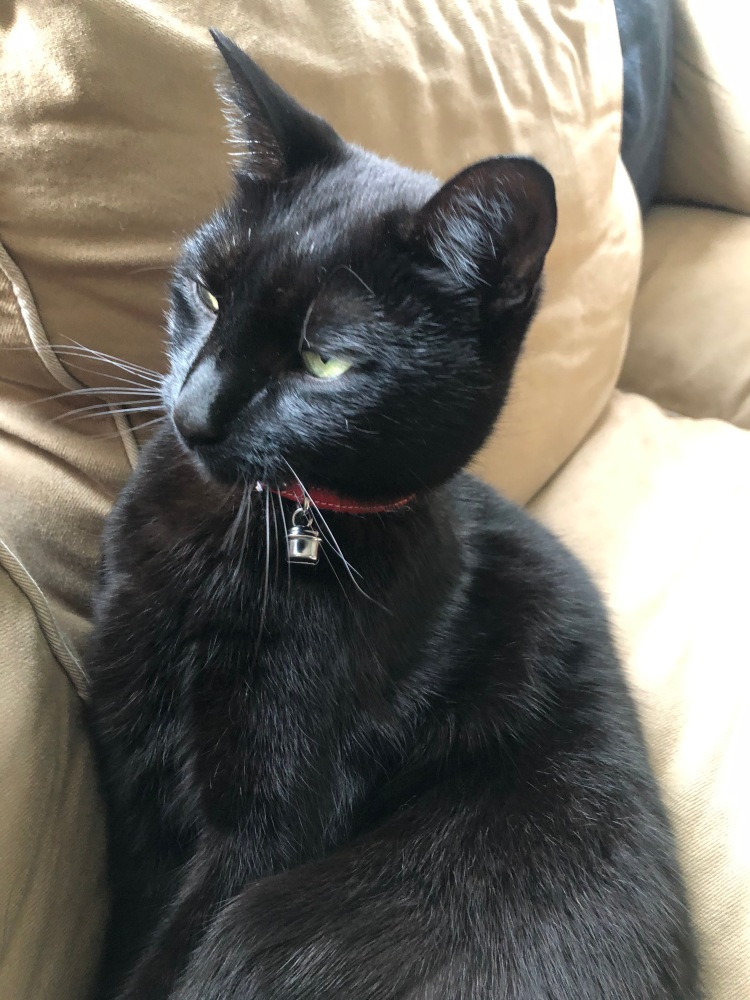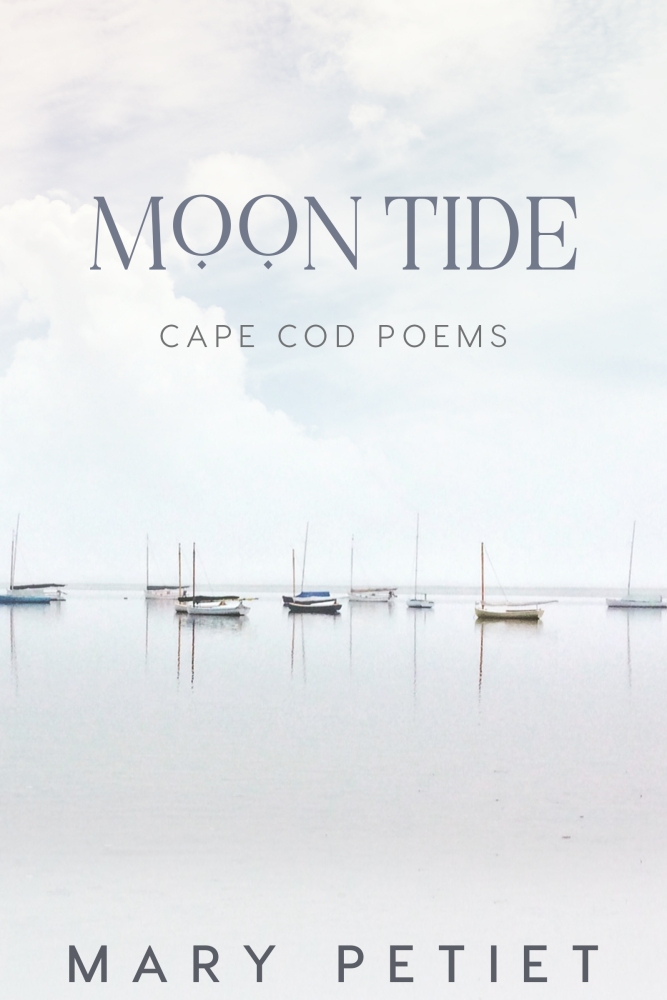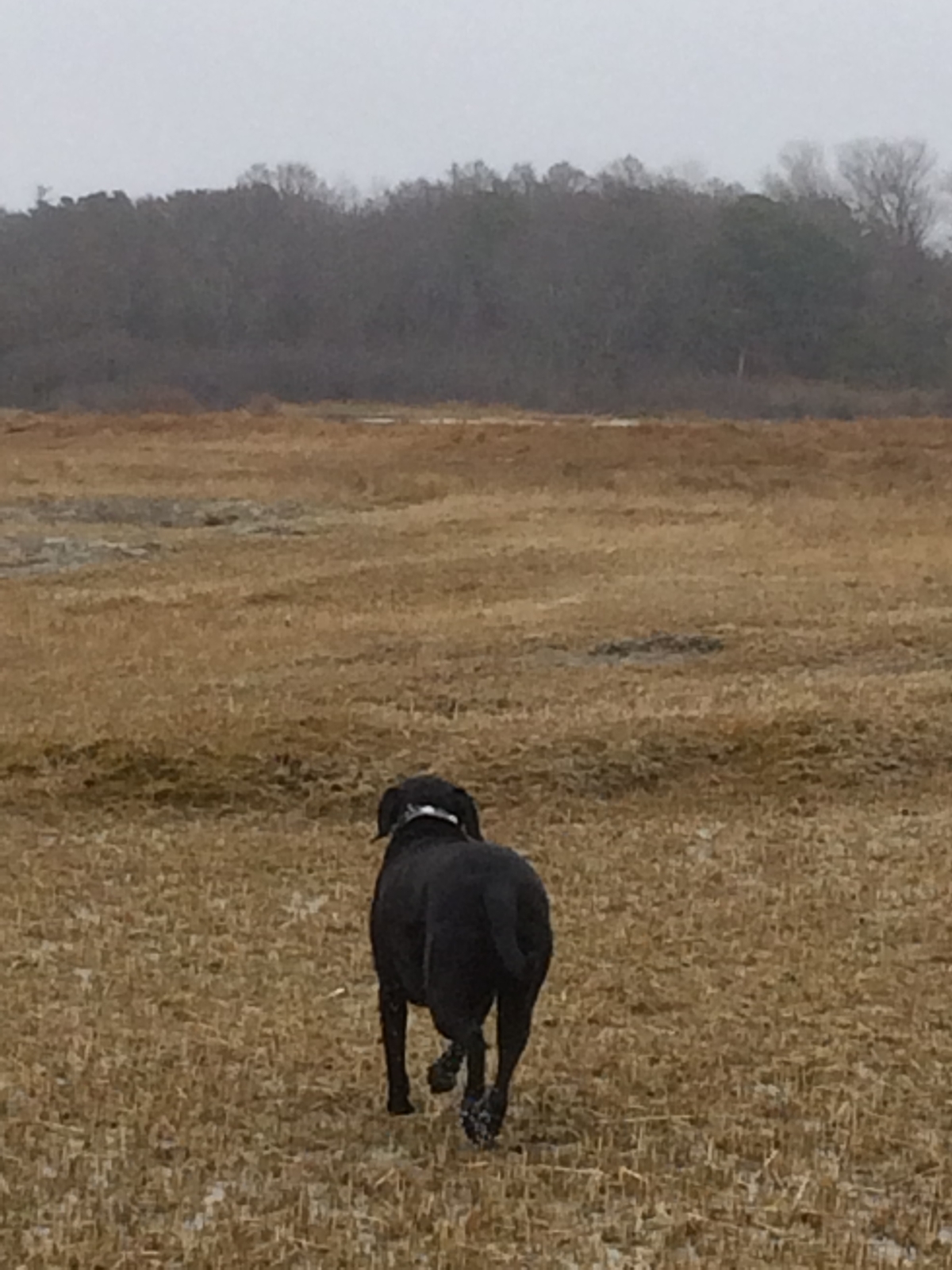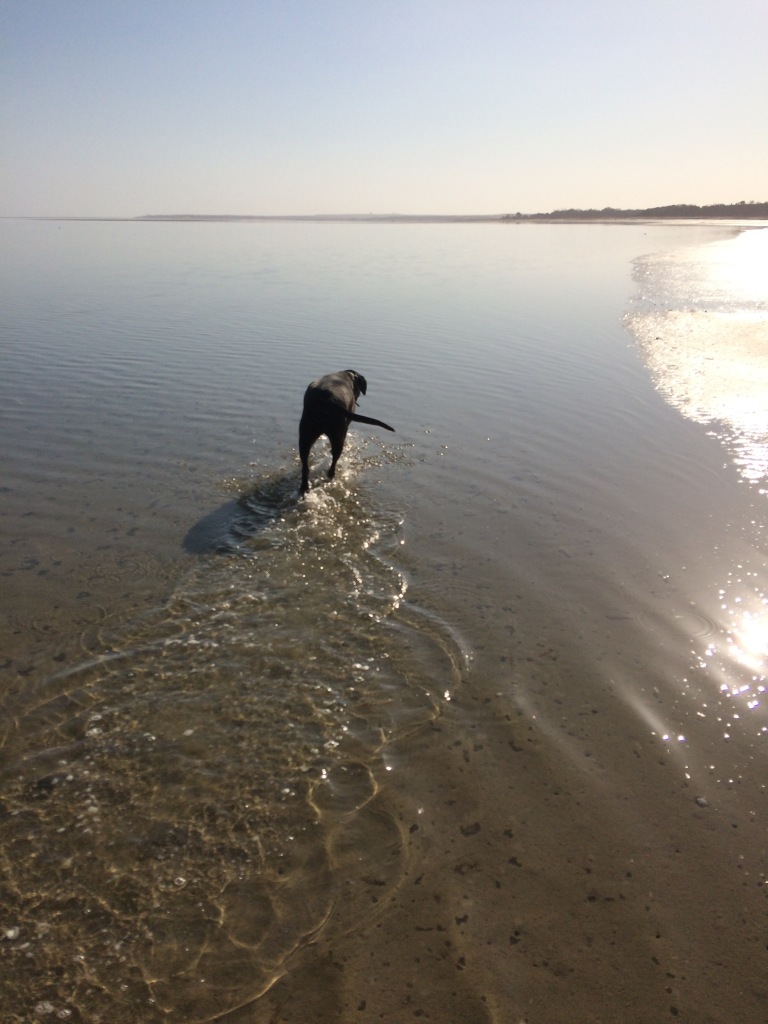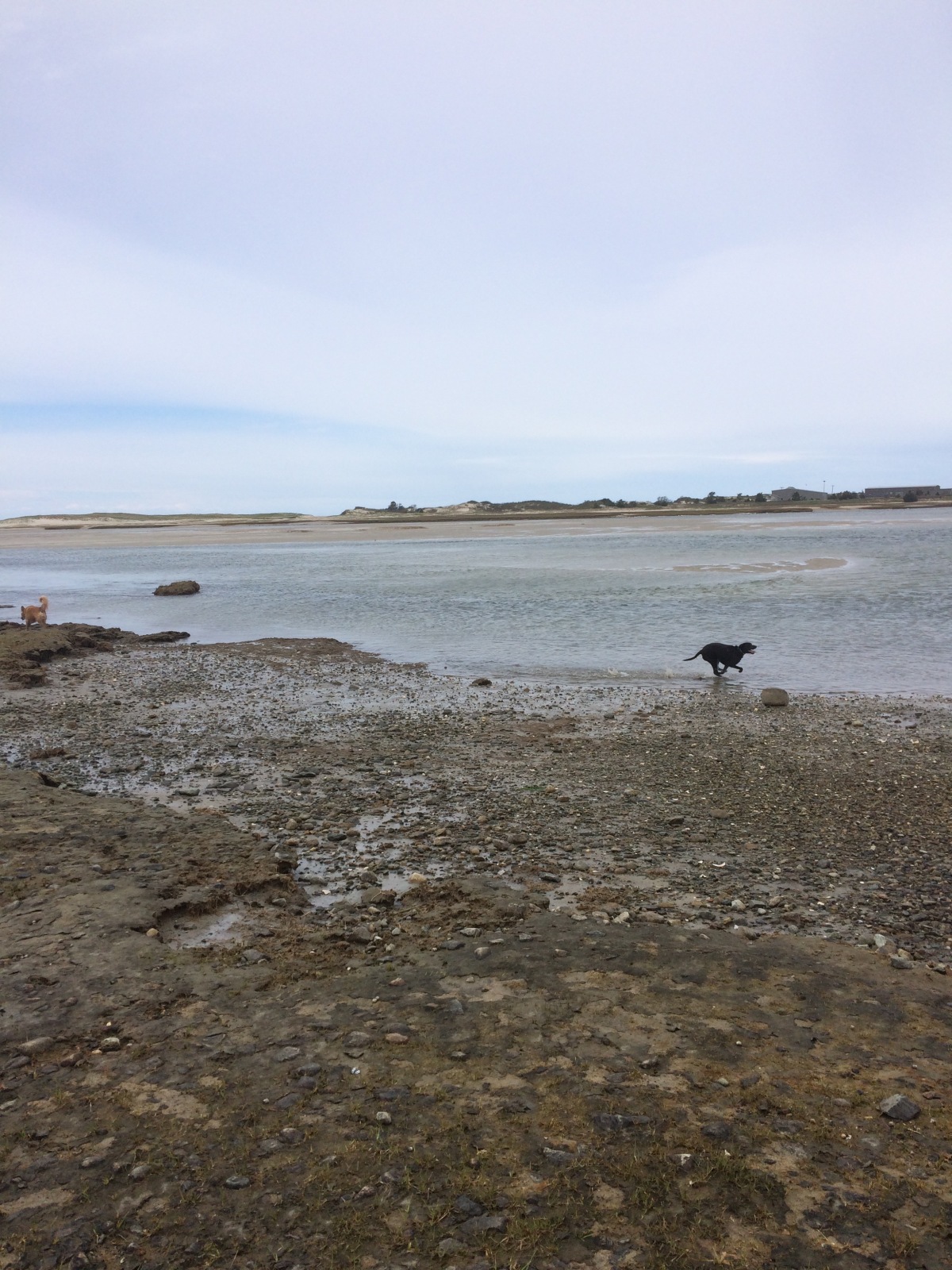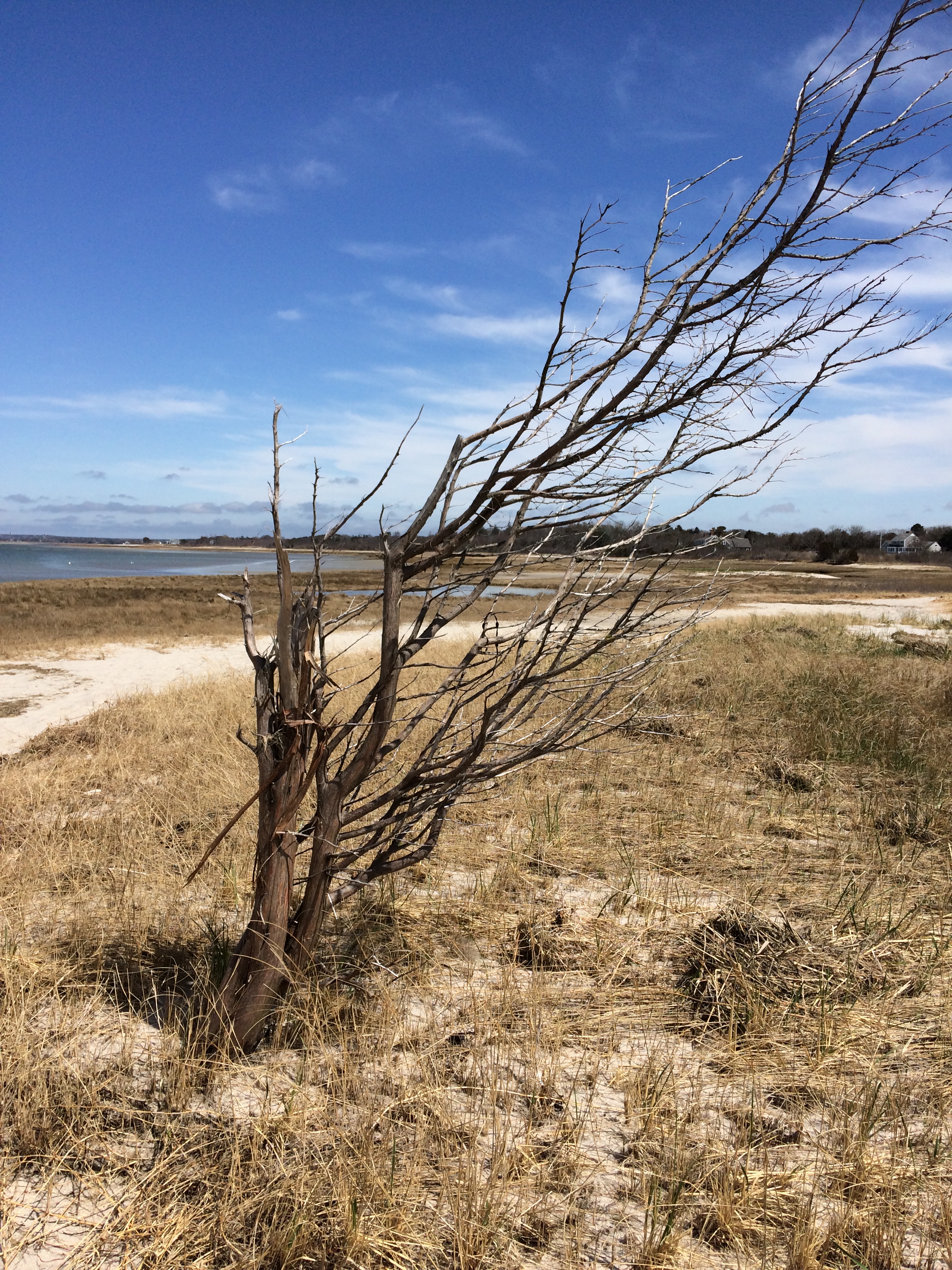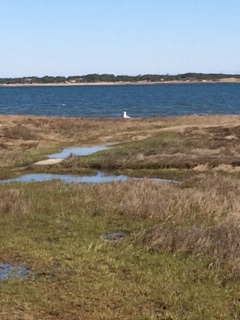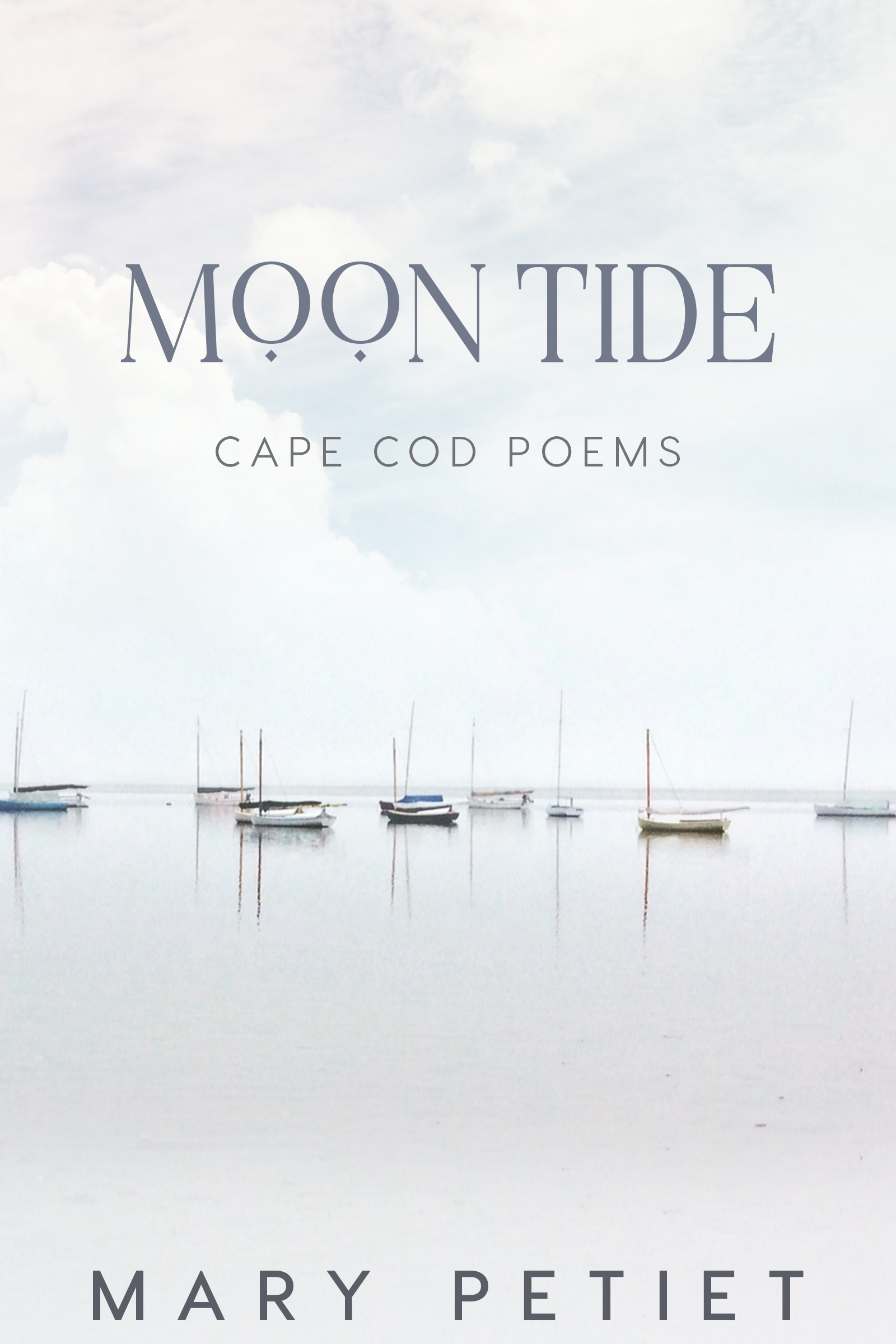The landscape is different but always the same. The tide is high or low, lapping the shore or booming chased by the wind, but always the tide. The sand is a soft carpet, a million tiny pieces worn from parent rocks of distant times, sometimes wet, sometimes dry, but always under your feet.
I’ve heard the sand whistle.
A fish washes up, a keening gull drops a clam, it smashes on the low tide rocks, and a meal is served.
The crows are a Greek chorus, chortling from low trees.
Your feet splash and leave prints on the flats that are gone when you return.
These are the sounds of poetry.

To write a poem, you must listen deeply and inhabit your subject.
Befriend a tree. Sit with it and listen. In time you’ll hear its story, and if you listen well, you might, for a time, become the tree.

It’s a form of shapeshifting.
The magic is in the listening and the becoming. Become your subject, and return to write about it.
I’ve had a lot of questions recently about how I write. I listen deeply, and then the floodgates open.
I’ve been driving through traffic and said to the child in the backseat, quick! find a piece of paper and a pen, write this down! Luckily the car always provides the needed materials.
I’ve jumped out of the bathtub with an entire new poem. Water seems to aid creation, and why not? We come from the sea, and we float in water for our first nine months.
I have fragments scribbled on napkins, envelopes, and pretty much anything to hand. It looks messy, but it isn’t.

Walk the place you love most each day.
Listen. Watch. Inhabit.
I am not on the ocean right now, so I am listening deeply inland, along freshwater woods and fields. At first, it didn’t smell right, no salt, and I didn’t know the birds.

But I’m listening and slowly shifting, and new things are coming.
You can read more of Mary Petiet’s poetry in Moon Tide: Cape Cod Poems and draw upon her Cape Cod inspiration to write your own poetry with Cape Cod: A Writer’s Journal both from Sea Crow Press.
